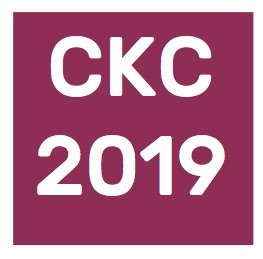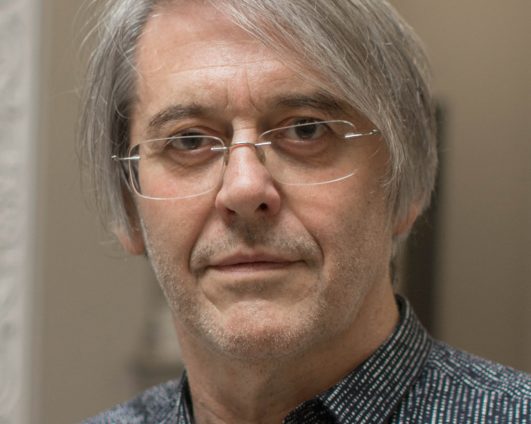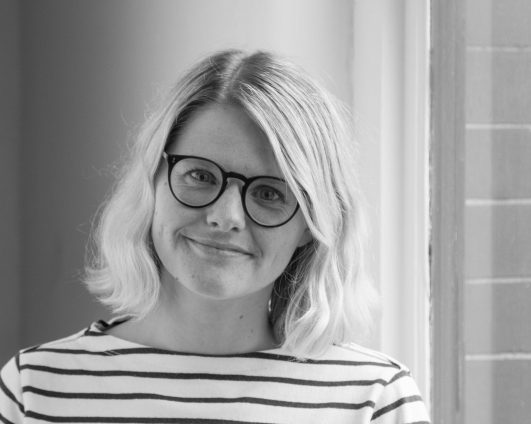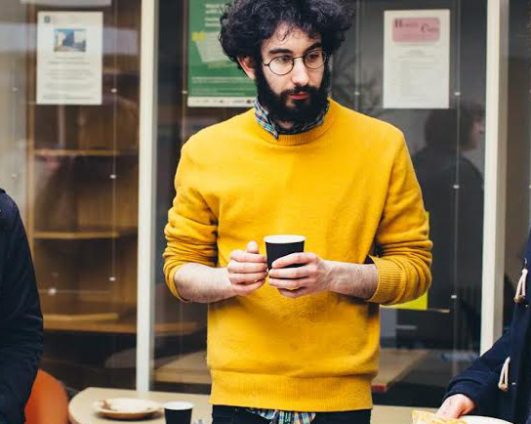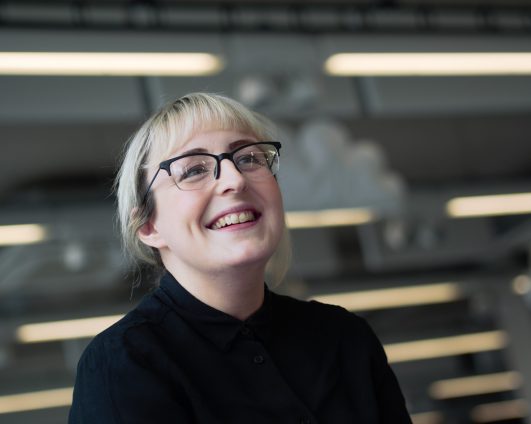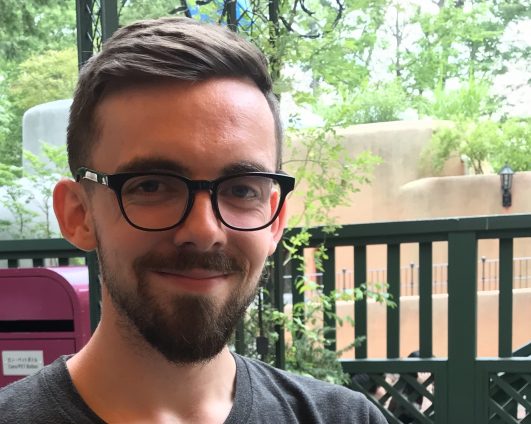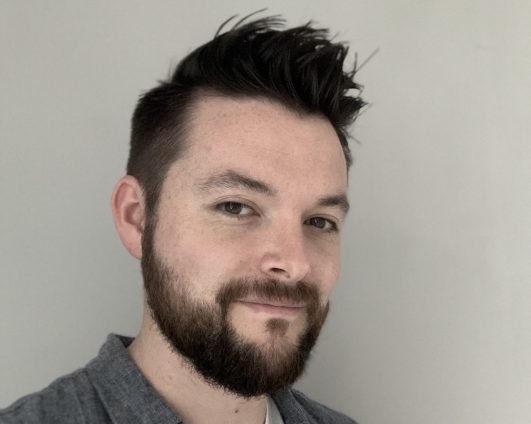Artists in residence: re-imagining spaces for artist-led practice in the city
This panel seeks to explore the interrelationship between art and urban space evident in the experimental practices, materialities and infrastructures of artist-run initiatives (ARIs) within the (often) temporary reclamation of derelict or disregarded urban space. Framed as factors for local economic development (Power & Scott 2004; Ginsburg and Throsby 2006) from aiding urban planning (Leslie 2005) to local regeneration and entrepreneurship (Lazzeretti et. al 2008), these spaces are increasingly held in tension by the flux of economic forces, urban planning and policy agendas. In examining these tensions, this panel brings together activists, academics and practitioners aiming to explore their ability to work both with, and in opposition to the city and its urban planning. In doing so, it provides opportunities to rethink the relationship between city and citizen, highlighting alternative modes of work, organisation and collaboration. Panel Organiser: Dr Rebecca Prescott, Northumbria University
‘Talking the Talk?’ | J. Schofield
Liverpool has a long and rich history of countercultural and alternative practices that have contributed to shaping culture in the UK and beyond. After being selected as the European Capital of Culture in 2008 the city saw an upsurge in funding that helped develop it into one of the top cultural tourist destinations in the country. How has this increase in attention and urban regeneration affected artists following in the self-organising legacies of those that the cultural brand of Liverpool was built upon? This response seeks to highlight how the increasing privatisation and gentrification of the urban centre is forcing ARIs to become instrumentalised to varying degrees within those processes whilst at the same time talking of what needs to be done to counter them in the anarchic spirit of their forebears. If ARIs can talk the talk how can they begin to once again walk the walk?
The Importance of Friendship: Relational dialectics and the Artist-led collective | J. Wright
Leeds University Artist-led collectives are an amorphous phenomenon within the constellations of artist-led activity. The word ‘collective’ embodies the significations of acting together in order to change something, it is about social bonds and relationships. For this reason, the artist-led collective occupies an often-ambiguous position within the ecology of cultural space which can lead to tensions and contradictions. These contradictions and tensions play out between the city, local governments, funding bodies and, citizens. These contradictions and tensions are not necessarily negative, and indeed, are vital instigators of change. For this panel talk I will employ the conceptual framework of Relational Dialectics (Baxter & Montgomery, 1988) and draw upon professor W. K. Rawlins’s research into friendship (Rawlins, 2009); in order to explore the both/and qualities of authenticity and institutional resistance.
Artist-led Housing and Conflictual Participation | J. Orlek
This presentation introduces ‘artist-led housing’ into discussions on the relationship between art, architecture and civic participation. I introduce projects which bring together artist-led initiatives/approaches and housing and discuss the opportunities for critical engagement with housing and the urban environment which emerge from these projects. In doing so I raise the question: What opportunities exist within artist-led housing provision that are absent from other ‘alternative’ housing forms—such as community-led, co-operative, property-guardianships, housing association, self-help, self-build, etc.? I reflect on my own long-term ethnographic engagement with one such artist-led house called Artist House 45. Artist House 45 is a back-to-back terraced house in South Leeds which has been programmed and managed by East Street Arts (an ARI) since 2015. I demonstrate how Artist House 45 exists both as a functioning domestic space and 1:1 artwork and argue that artistic skills, strategies and competencies have challenged taken-for-granted understandings of participation as a scripted consensus-orientated exercise within community-led projects.
More than Meanwhile Spaces | P. Richter, D. Butler & R. Huggan
In the UK, market-driven efforts to open city centres up to international capital have gained considerable traction in recent decades, with the result that grassroots art spaces occupying ‘meanwhile’ spaces are regularly required to relocate – an exhaustive process that exacerbates vulnerabilities already well documented in the creative industries. Focussing on Newcastle upon Tyne and the surrounding area, this project – ‘More than Meanwhile Spaces’, a collaborative project co-run by researchers at Newcastle University and artist-led community, The NewBridge Project – sets out to challenge that trend by a) bringing together a network of key stakeholders (e.g. creative practitioners, local government officers, local businesses, academics, developers, planners), b) holding three strategic conversations to foster shared understandings of current procedures, their impact and potential, and c) exploring innovative long-term possibilities, relationships and business models that champion more sustainable artist-run spaces in the city. This presentation provides an account of the activity to date and sets out some of the emerging, participant-led themes including: knowledge and skill gaps among creative practitioners vis managing the process of securing more sustainable spaces; the development of models for resource-sharing; the demand for differing states of permanence; and challenges to collective organisation and action. Fireside Chat: Ways of Working Drawing from each of the talks, we invite speakers to gather around our metaphorical fireplace. We go back to the original aim of the panel; critically examining the relationship between city and citizen, highlighting alternative modes of work, organisation and collaboration from the panel and beyond. Combining questions from the floor, with those posted via Slido, we invite the audience to become members of this wider network of artists, activists and academics looking at artist-led practice.
